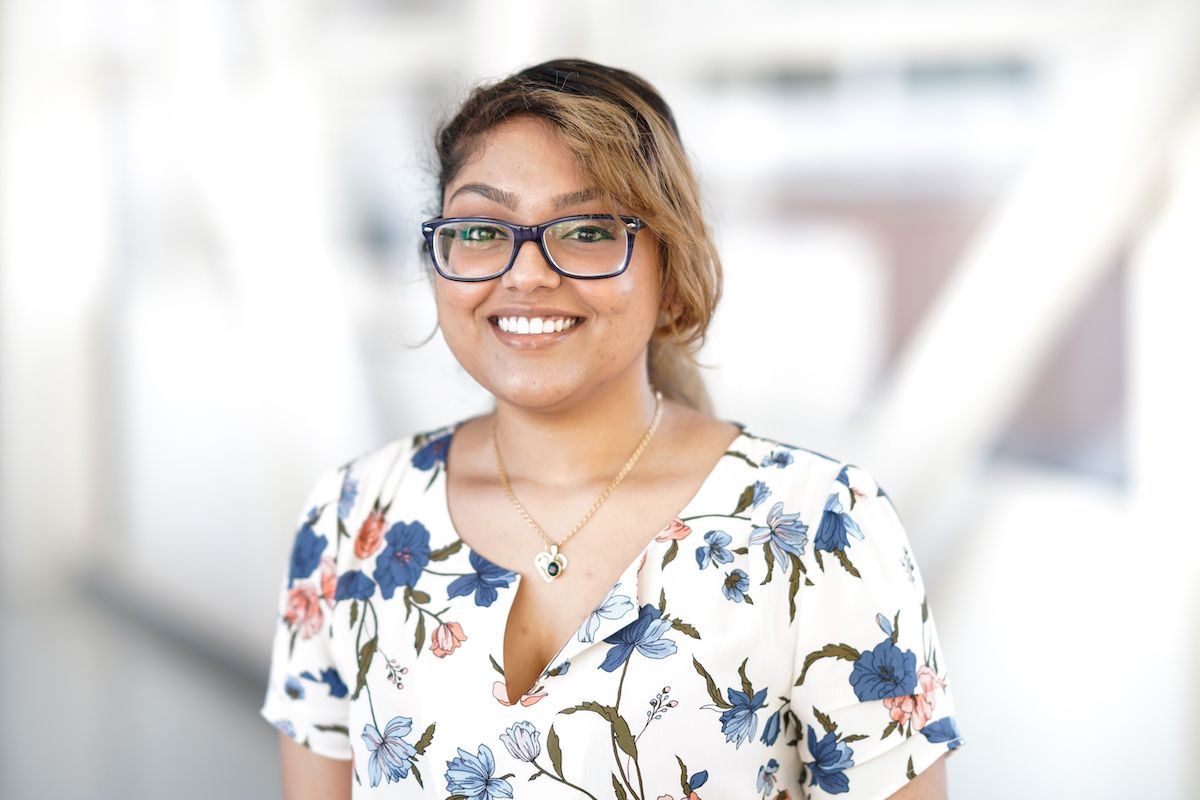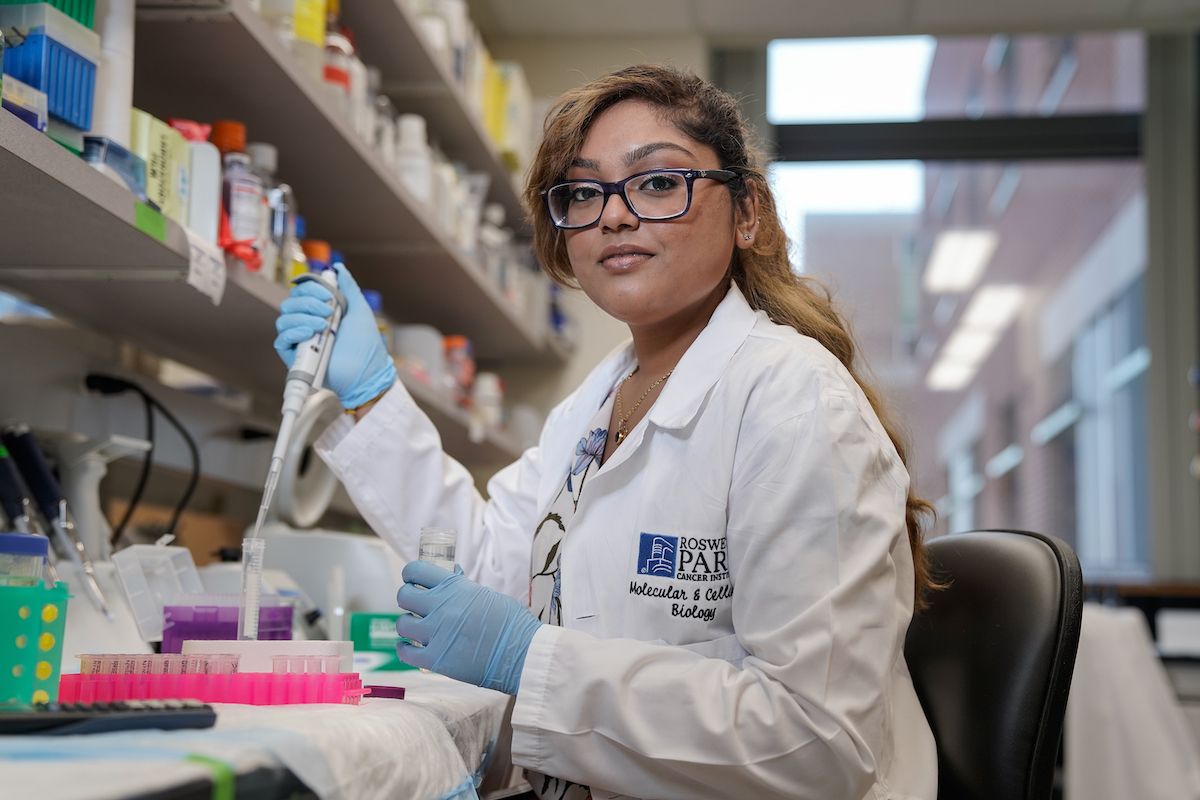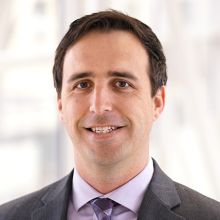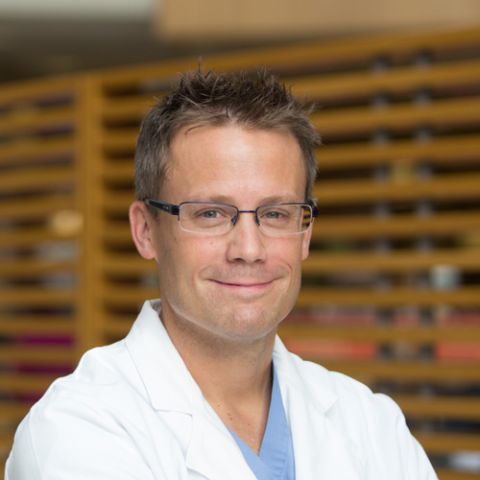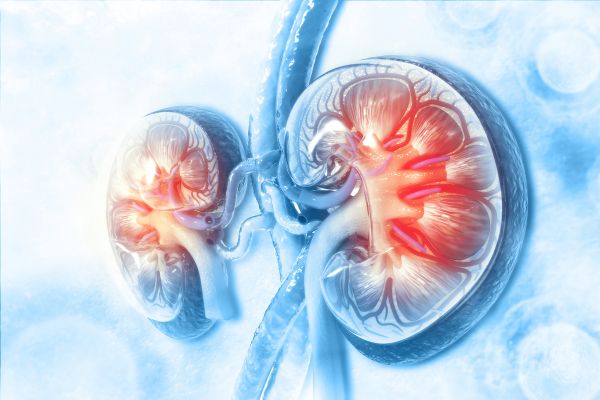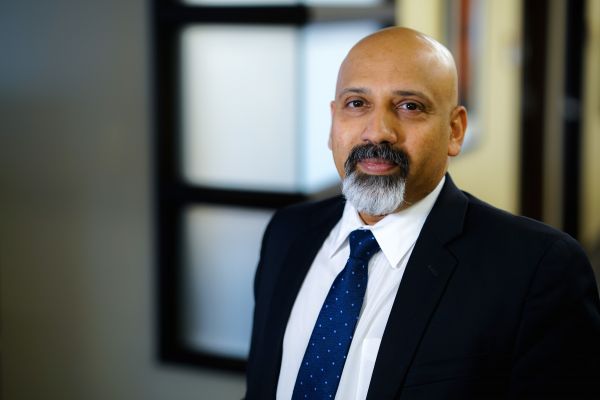Roswell Park's new VHL Clinical Care Center provides expert surveillance and treatment
When Sheana Ramcharan arrived in Buffalo from Georgia to attend college four years ago, she was ready to begin making her own decisions about her life. For her, that meant an ill-advised wish to discontinue what seemed like endless exams and scans meant to detect and monitor the cysts and tumors that grow unpredictably in her body, caused by a genetic condition.
“I was tired of having a disease that ruled my life,” she says. “I was 18 and finally old enough to make my own decisions, and I felt invincible.” Thankfully, Sheana didn’t abandon all her surveillance scans, because in 2019, a tumor was found in her kidney. “That was the first one that turned out to be cancerous. I was diagnosed with renal cell carcinoma.”
Sheana has von Hippel-Lindau syndrome, or VHL, a rare, genetic syndrome that causes tumors to grow in many different body areas, from the eyes and brain to the kidneys, uterus and pancreas. While these tumors are usually noncancerous, they often need treatment — typically surgery to remove them — before they cause permanent damage leading to blindness, hearing loss or even death. Sometimes, especially with tumors in the kidney or pancreas, they become cancerous.
As a result of having VHL, Sheana has had many surgeries. At age 12, she had a hemangioblastoma removed from her brain. At age 15, a tumor was removed from her spine. At age 17, another from her brain. She also has had tumors behind her eyes.
In order to detect the tumors early and treat them promptly, people with VHL require a robust regimen of blood tests, MRI and ultrasound imaging, and assessments from various physicians, including specialists in urology, gynecology, endocrinology, neurology, hematology and more. Traveling to see multiple physicians can be an exhausting burden, and many patients like Sheana have difficulty finding experts knowledgeable about VHL and the tumor types it causes.
“I feel like I spent so much of my life explaining my disease to doctors, and I was getting very discouraged,” she says. But all that changed when she arrived at Roswell Park to be treated for the kidney tumor by urologist Thomas Schwaab, MD. “It was so refreshing to have all these doctors who were experts.”
New VHL Clinical Care Center
While Roswell Park has always cared for patients with VHL, urologist Eric Kauffman, MD, led the concerted effort to further streamline the care of patients like Sheana and create a von Hippel-Lindau (VHL) Clinical Care Center recognized by the national VHL Alliance as “providing outstanding holistic, coordinated care for VHL patients.” The center brings together the multidisciplinary specialists who detect, monitor and treat these tumors every day, as well as psychologists, social workers and a dedicated patient navigator to help patients cope with the condition and manage their care.
“VHL is complex, and our staff at Roswell Park are well equipped to provide the best care possible to these patients,” says Dr. Kauffman. “We are proud to be able to provide these resources — from our clinical genetics service to kidney cancer experts — for anyone who finds themselves diagnosed with the disease.” In addition, Sheana, a Roswell Park research intern in the laboratory of Ethan Abel, PhD, of the department of Molecular & Cellular Biology, is now the designated patient advocate for the VHL care center.
“New patients will get my contact information, and I’m here to reach out to them and be a resource,” explains Sheana. “I also act as a liaison between Roswell Park and the VHL Alliance and can offer feedback to the alliance about any resources that patients feel they need and any way the VHL alliance can enhance the patient experience at the VHL clinic.”
She encourages patients to look beyond their disease. “I know what it’s like to feel that the disease is your whole life, but this disease doesn’t define you, and you can accomplish any goal. The VHL Clinical Care Center can help.”
VHL Clinical Care Center
Get more information about the new von Hippel-Lindau (VHL) Clinical Care Center at Roswell Park.
Learn MoreEarly diagnosis, expert care improves quality of life
While Sheana benefited from early diagnosis and treatment, others — including her father, who died when she was just 7 years old — are not as fortunate. Sheana’s family is originally from Guyana South America, and although her father had been treated for several brain tumors there, he wasn’t diagnosed with VHL until after arriving in the United States. As soon as her father learned his diagnosis, Sheana, then age 3, was tested for the condition and diagnosed with VHL, too.
VHL disease is caused by a flaw or mutation in a single gene, the VHL gene, which is passed down from parent to child. However, about 20% of people with VHL have a new mutation that likely occurred in the germ cell (sperm or egg) or early embryo. These “first in family” cases often face unique challenges in finding a proper care team and support. Anyone with one of the following factors should contact the VHL Clinical Care Center for an assessment:
- A positive or suspected VHL mutation
- A known genetic syndrome, such as hereditary leiomyomatosis and renal cell carcinoma (HLRCC) or Birt-Hogg-Dubé syndrome (BHD)
- A blood relative with VHL disease
- A kidney cancer diagnosis at age 46 or younger
“I encourage people to care about their family and friends and make that a reason to seek treatment,” says Sheana. “The earlier you catch these tumors, the more life you have. Don’t let it go, or it will be harder to heal you all the way.”
In addition to streamlining the care and surveillance for people with VHL, research is ongoing to determine better ways to treat the condition, she adds. “As a research intern, I see the incredible work that occurs here. If anyone can find a cure for this disease that I’m living with, it’s Roswell Park.”
Editor’s Note: Cancer patient outcomes and experiences may vary, even for those with the same type of cancer. An individual patient’s story should not be used as a prediction of how another patient will respond to treatment. Roswell Park is transparent about the survival rates of our patients as compared to national standards, and provides this information, when available, within the cancer type sections of this website.
